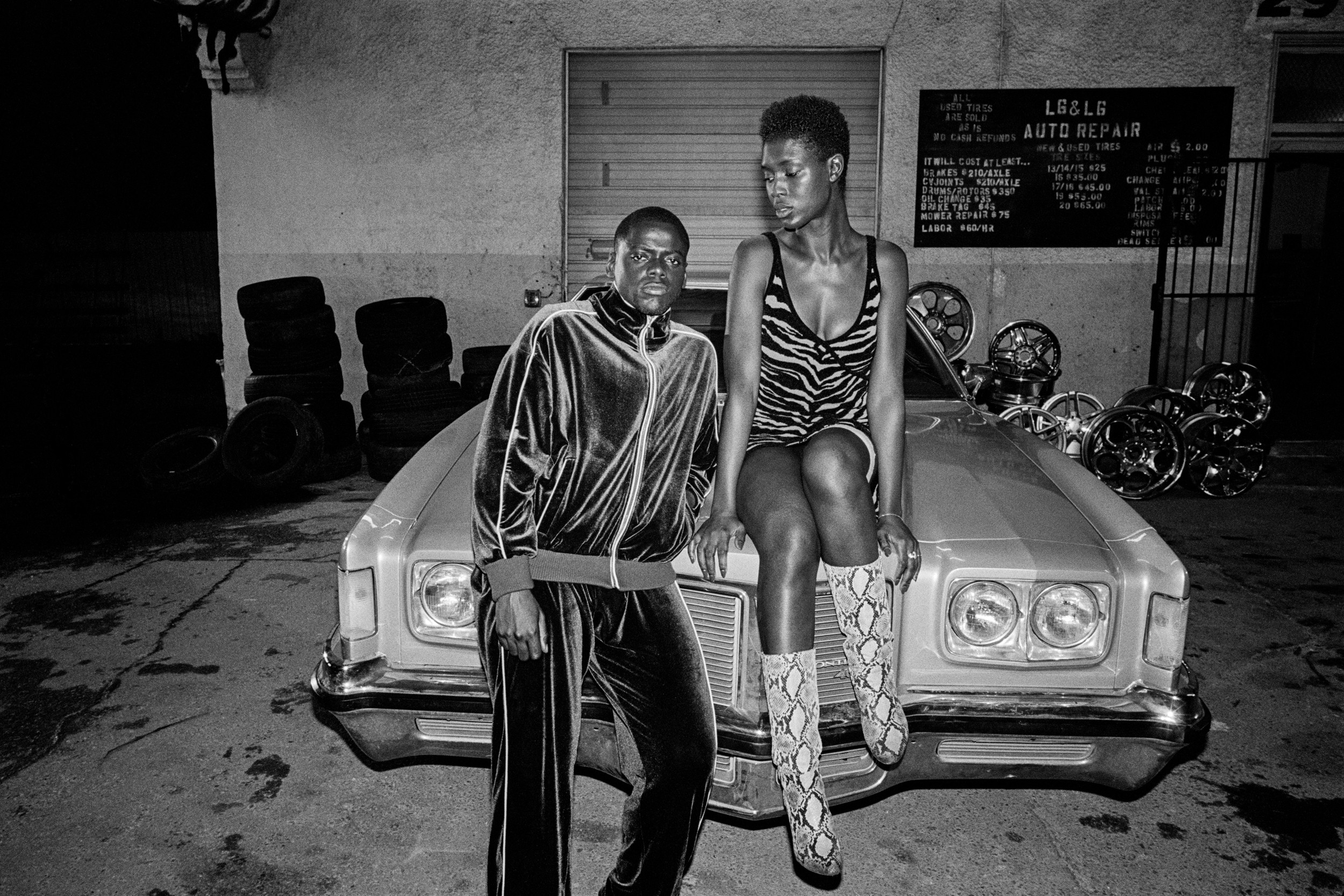
This month, Drake and his producers won a key battle in the fight for fair use. But what exactly is fair use? And what does it mean for artists and producers moving forward?
As artists and creators, we constantly take inspiration from our peers and our idols. But do you ever wonder, where is the line? How much is too much? Samples and mashups are commonplace in music and especially in hip-hop. Chuck D. once said: “We thought sampling was just a way of arranging sounds […] to blend sound. Just as visual artists take yellow and blue to come up with green, we wanted to be able to do that with sound.” The art of sampling is woven into the founding story of hip-hop along with the legal challenges that came with its commercial success. Read More



